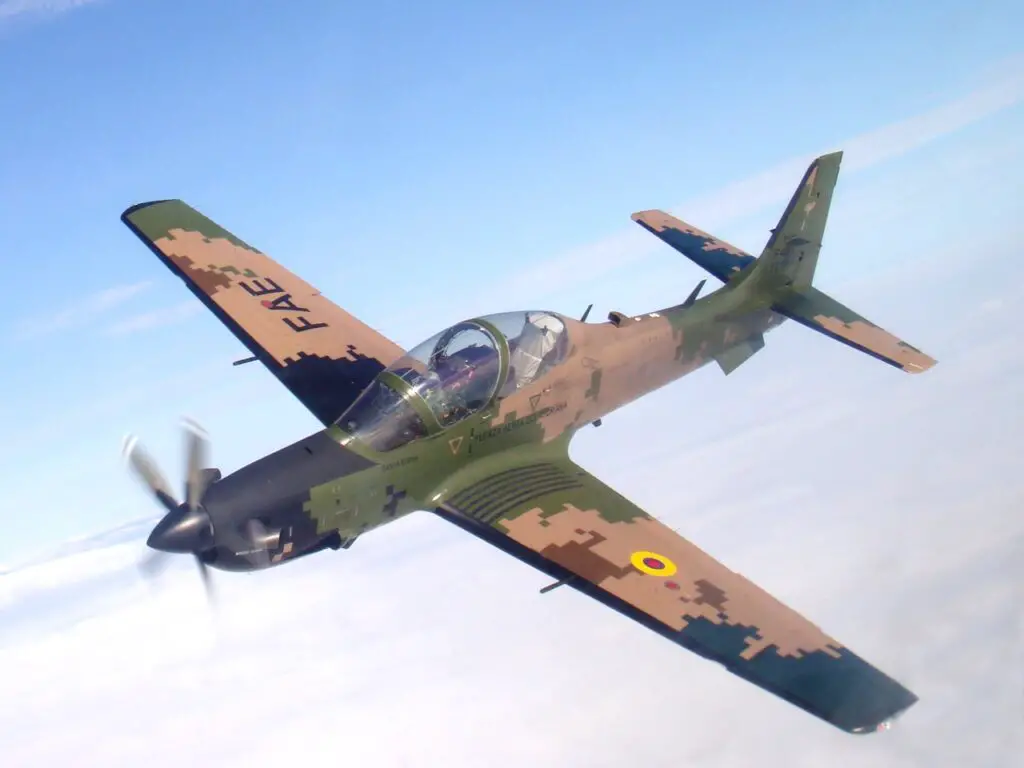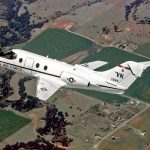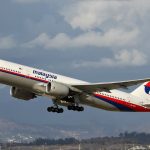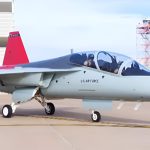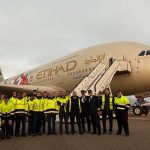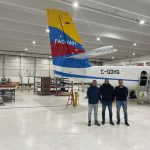Ecuador is seeking technical, financial and intelligence assistance from the United States to improve the capabilities of its Air Force to combat transnational crime, particularly in the interception of so-called «narco flights».
The president of Ecuador, Guillermo Lasso, announced his decision to ratify the «Cooperation Agreement with the United States for aerial interdiction» through the enactment of executive decree number 846, in order to have support in the fight against cross-border organized crime.
Queridos ecuatorianos:
He ratificado el Acuerdo de Cooperación con Estados Unidos para la interceptación aérea. El objetivo es contar con más apoyo en la lucha contra el crimen transnacional, con asistencia financiera, equipos para su capacidad operativa, mantenimiento,… pic.twitter.com/xb8v4a7wU8
— Guillermo Lasso (@LassoGuillermo) August 17, 2023
According to Guillermo Lasso, the objective of the agreement would be «to have more support in the fight against transnational crime, with financial assistance, equipment for its operational capacity, maintenance, training, as well as logistical, command, control and communications support». The aim is for the Ecuadorian Air Force «to have better equipment, skills and information to track the aircraft of criminal organizations».
They will also assist police forces and the judicial branch
On August 16, the U.S. and Ecuador signed a letter of agreement to ensure continued cooperation in the fight against drug trafficking, corruption and other transnational crimes, including by training and equipping law enforcement officials (National Police and the Ecuadorian Navy’s Coast Guard Command) and the judicial sector over the next 10 years.
Ecuador, a drug hub on its route to the U.S. and Europe
Although Ecuador is not a major drug producer, large Mexican cartels such as the Sinaloa or Jalisco New Generation decided to establish themselves in the country (through a network of agreements with local criminal gangs) to use its port and air-commercial infrastructure as drug redistribution centers. The drugs arrive from the main cocaine-producing countries, such as Bolivia, Peru and Colombia, and are then shipped to the largest consumer markets, the United States and Europe.
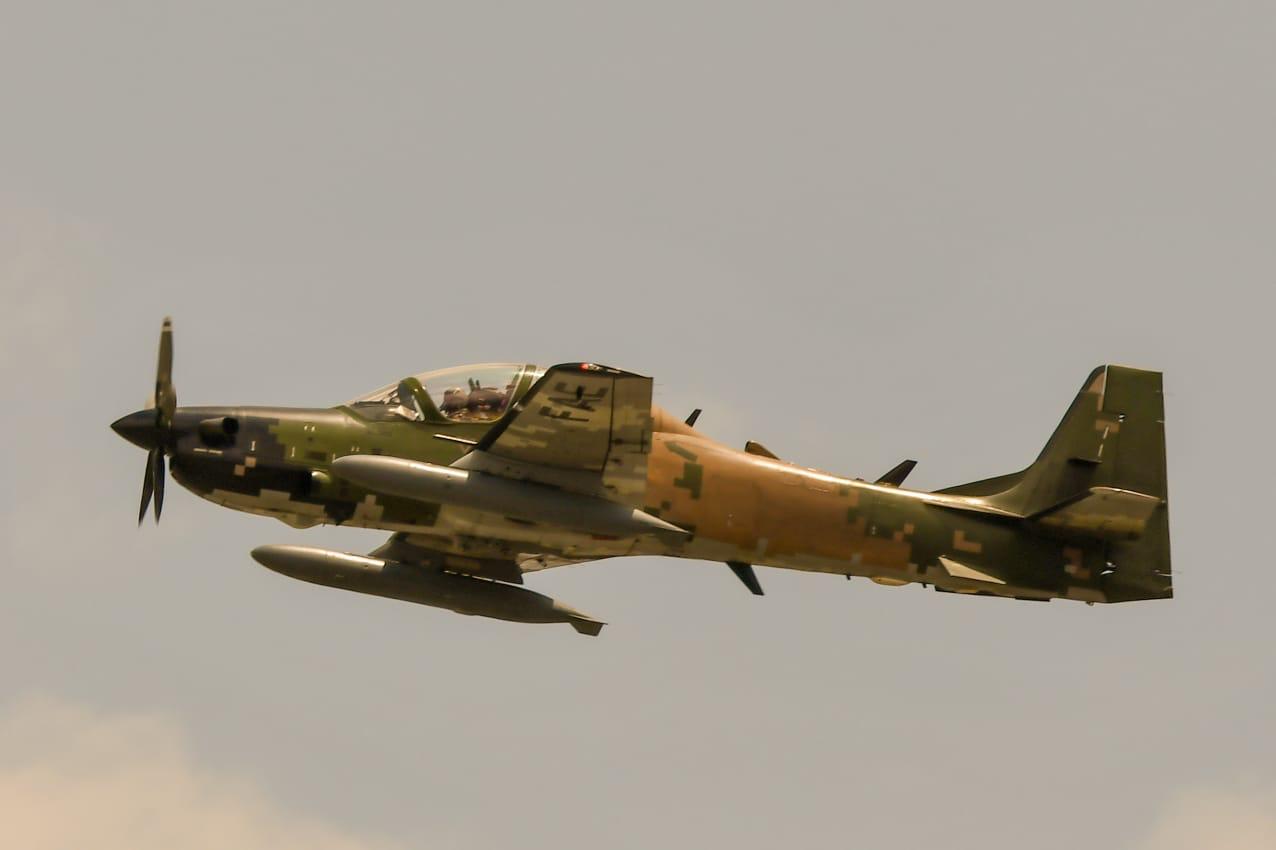
The drug scourge has been affecting Ecuador for years and the situation has only worsened in recent times, having reached a new milestone of violence on August 9, when presidential candidate Fernando Villavicencio was murdered in the street. Villavicencio had as one of the main axes of his campaign, the fight against drug trafficking.
The collaboration agreements signed with the United States would seek to make the logistics of drug cartels (particularly drug flights) more difficult and expensive, in order to stop their expansion in the country and hinder the trafficking of narcotics that use Ecuador as a springboard to reach their main consumers.

